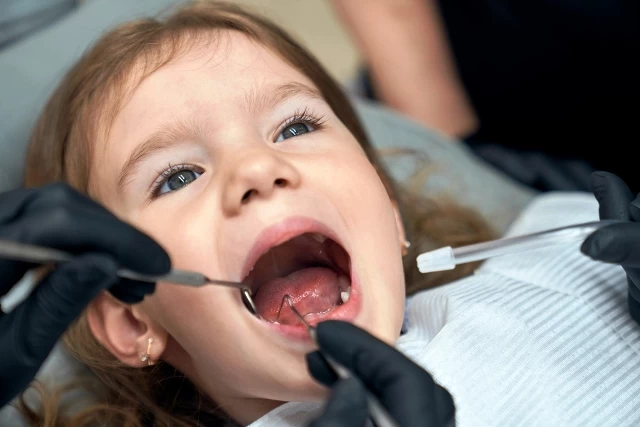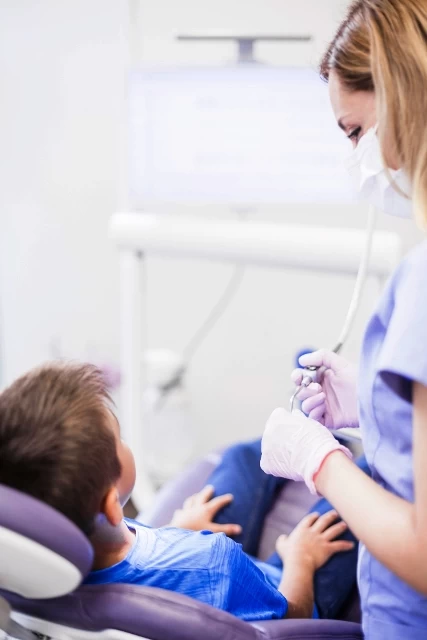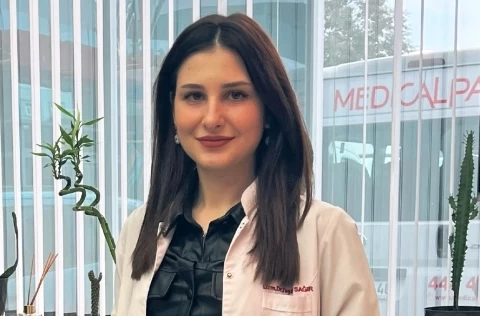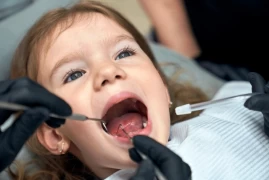
Overview of Pediatric Dentistry
- Overview of Pediatric Dentistry
- The Importance of Early Dental Care
- Common Dental Issues in Children
- Behavior Management
- Preventive Care
Pediatric dentistry is a specialized branch of dentistry that focuses on the care and treatment of children's teeth and gums. Pediatric dentists are dental professionals who have received additional education and training to understand the unique needs of children's oral health. They specialize in diagnosing and treating dental and gum problems in infants, children, and adolescents within the age range of 0-18 years.
The Importance of Early Dental Care
Early dental care is crucial for the development and maintenance of good oral health in children. Starting dental care early helps prevent dental problems such as tooth decay and gum inflammation, while also promoting lifelong habits of healthy oral hygiene. Regular check-ups with a pediatric dentist can help identify potential issues early on and allow for less invasive and costly dental treatments.
Pediatric dentists also receive specialized training to work with children and reduce the likelihood of dental anxiety and phobia in the future, making the dental experience more positive. Since poor oral health is linked to various systemic health issues, regular dental care is important for the overall health and well-being of children.
Common Dental Issues in Children
Children are particularly susceptible to certain dental problems due to their developing teeth and jaws, dietary habits, and oral hygiene. Some of the most common dental issues in children include tooth decay, dental injuries, and dental developmental problems.
- Tooth Decay: Tooth decay is caused by the buildup of bacteria in the mouth that produce acid, which erodes the tooth enamel. It is the most prevalent chronic disease in children and can occur at any age. Pediatric dentists can diagnose tooth decay during regular check-ups and provide treatment options such as fillings, crowns, root canal therapy, or extractions depending on the severity of the decay.
- Dental Injuries: Due to their active nature, children are more prone to dental injuries compared to adults. These injuries can involve cracked, fractured, or displaced teeth. Pediatric dentists can diagnose and treat these injuries, aiming to preserve the natural tooth whenever possible.
- Dental Developmental Problems: Pediatric dentists also specialize in identifying and treating dental developmental issues such as misalignment, malocclusion, or impacted teeth. These problems can be corrected using orthodontic treatments like braces, space maintainers, or other appliances. Early diagnosis and treatment can help prevent more serious problems from developing later on.
In general, it is important for parents to take their children to regular check-ups with a pediatric dentist and address dental problems as soon as they are detected. This helps children maintain good oral health and avoid more serious issues. It is crucial to remember that the earlier a problem (such as decay, abscess, or developmental issue) is diagnosed, the easier it is to treat for the child.

Behavior Management
Behavior management is a significant aspect of pediatric dentistry as it helps create a positive and comfortable experience for children during dental procedures. Pediatric dentists receive specialized training to understand the unique needs and fears of children. They utilize various techniques such as positive reinforcement, distraction techniques, and other methods to help children feel at ease.
Overall, it is important for parents to work with pediatric dentists to create a positive and comfortable experience for their children during dental procedures. This supports the promotion of good oral health and helps reduce fear and anxiety associated with dental appointments.
Preventive Care
Pediatric dentists provide various preventive care services to help children maintain their oral health and prevent dental problems. These services include:
- Fluoride treatments: Fluoride is a mineral that strengthens tooth enamel and helps prevent tooth decay. Pediatric dentists can administer fluoride treatments during regular check-ups to protect children's teeth against decay.
- Dental sealants: Dental sealants are thin filling materials applied to the chewing surfaces of the back teeth to prevent cavities. They are typically applied to permanent molars around the age of 6 when they erupt. In some cases, they can also be applied to primary molars and other permanent teeth.
- Oral hygiene education: Pediatric dentists provide recommendations on proper oral hygiene habits, such as correct toothbrushing and flossing techniques, to children. This helps them learn how to take care of their teeth and gums and prevent dental problems.
- Regular check-ups: Regular dental visits with a pediatric dentist are crucial for maintaining good oral health and early detection of dental problems. These visits include regular cleanings, examinations, and, if necessary, X-rays.
Pediatric dentists help children maintain their oral health and prevent dental problems by providing the care and attention they need. They also communicate with parents, caregivers, and other healthcare providers to ensure that children receive the necessary support and care for their oral health.
Wishing you a healthy day...




